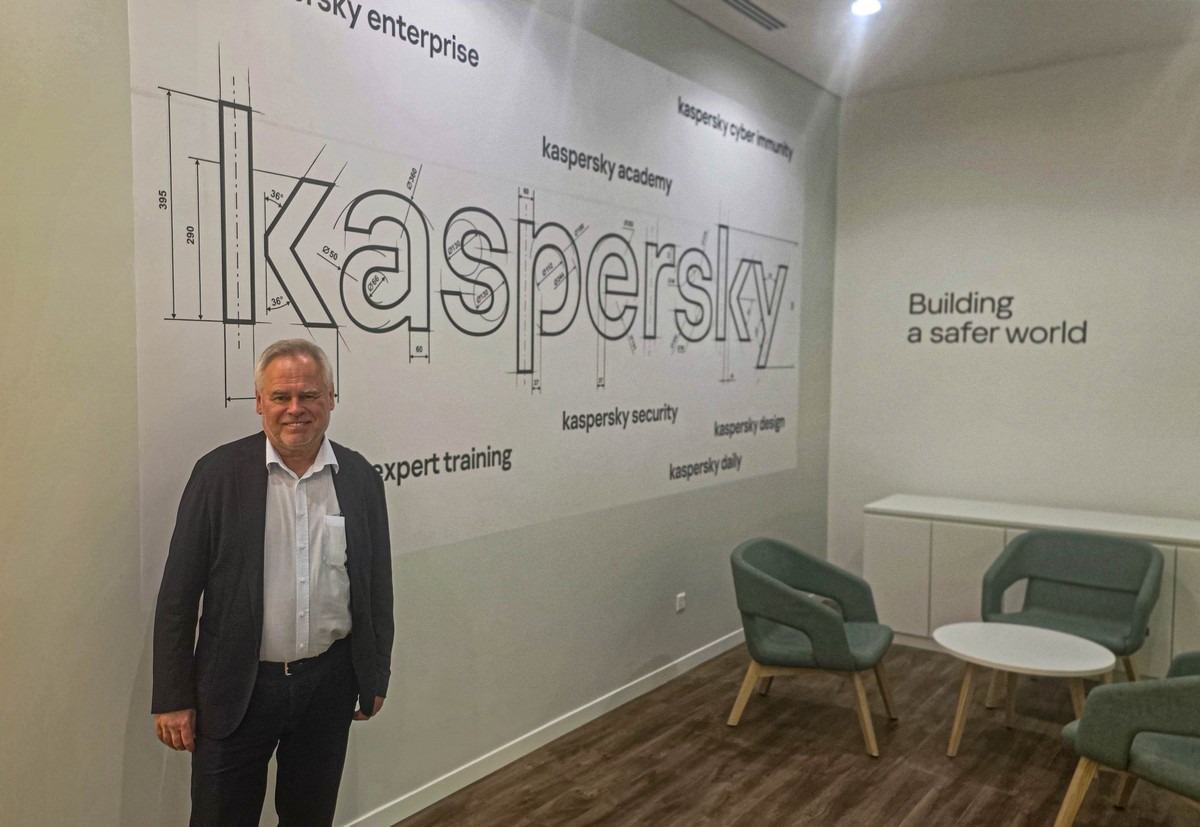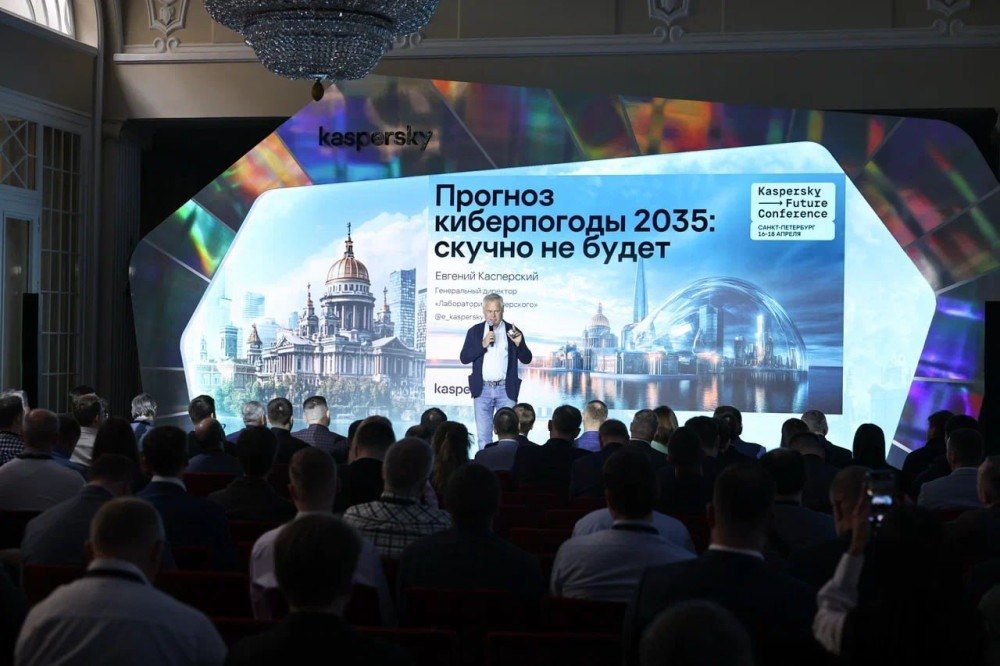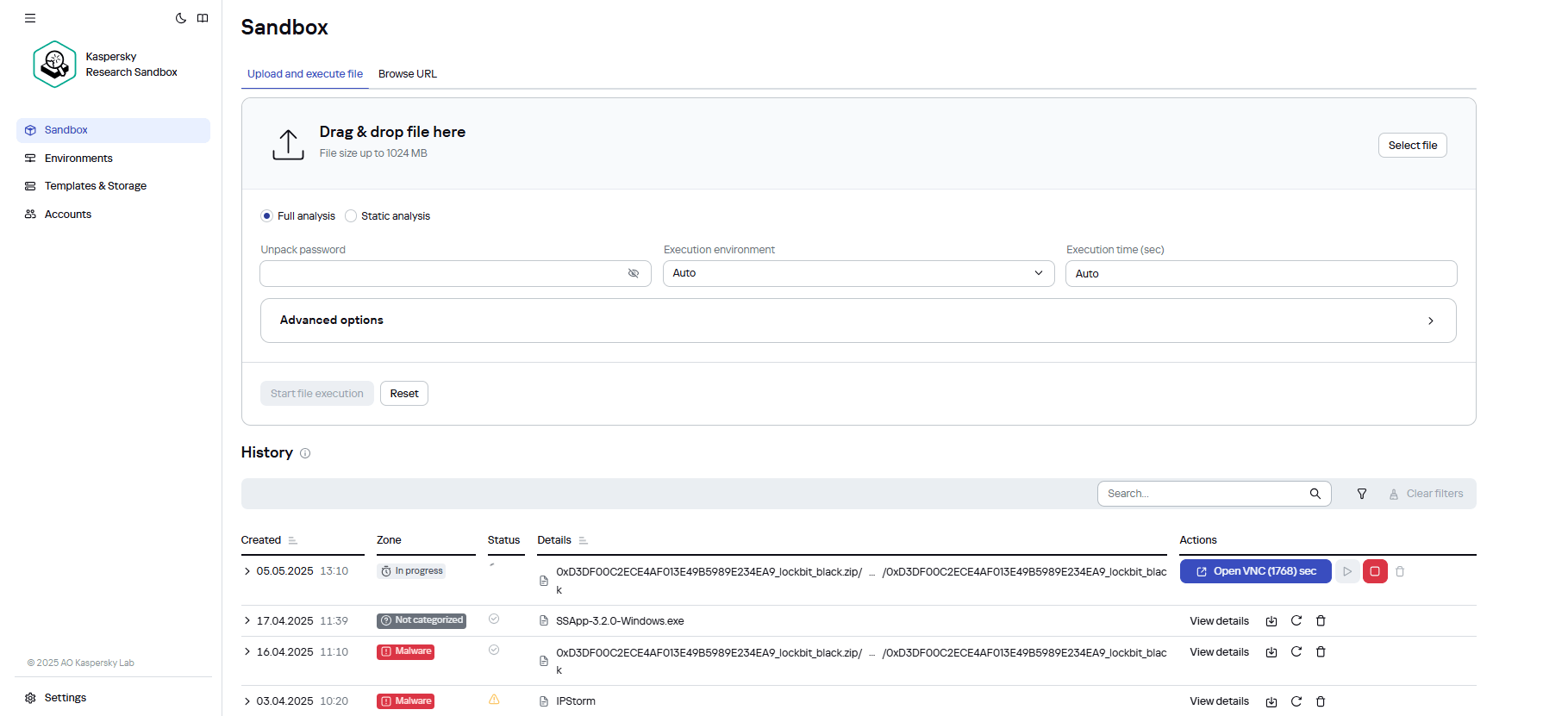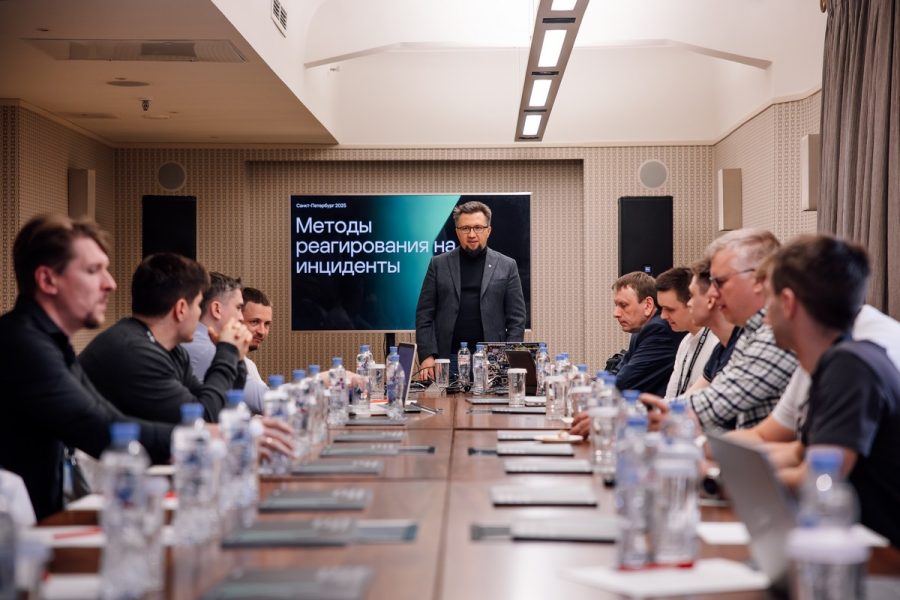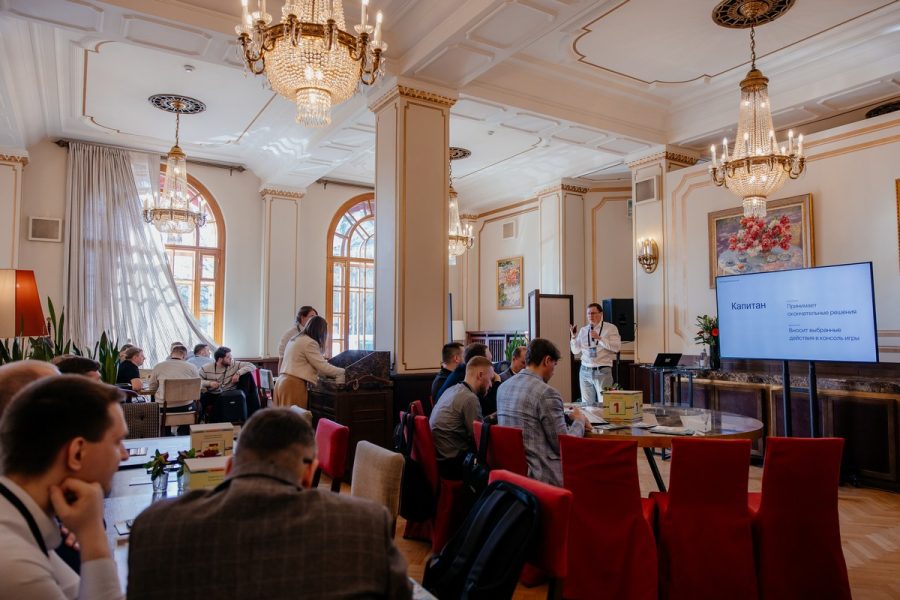Hi folks!
…And for us it was hi St. Pete!
But, why does everyone always complain about how gloomy and rainy this city is? Every time I’m there – it’s all bright sunshine and blue skies! ->

We’re still in the thick of our hot season – packed with conferences, expos, meetings, and all kinds of other work-related stuff – plus a ton of travel around the globe. Early last week we wrapped up our global partner conference in Istanbul, while on Wednesday to Friday we had our Kaspersky Future Conference up in St. Petersburg for our major enterprise customers. It was a totally new format for us – we’d never done anything on such a scale before – but it worked out great: zero teething problems, or, as we say in Russia, the first pancake wasn’t a flop!
It all took place in downtown St. Pete, at the Astoria Hotel:

We brought together almost 250 folks from 130+ companies, and there were nearly 30 talks (less than half of which were ours – most came from the guests). I took to the stage too and shared my predictions about the future of cyber-nastiness. Sadly, the outlook’s grim…
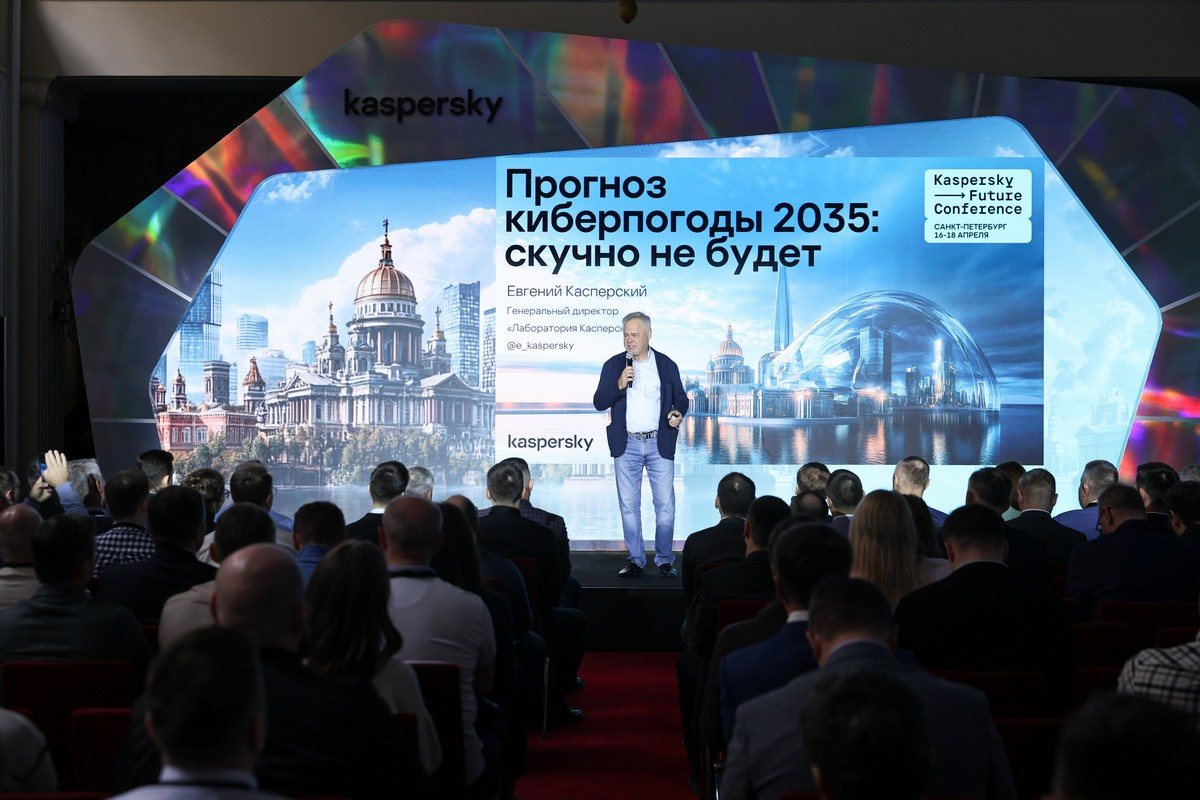
But if you’re thorough in setting up the right processes and protocols, you can bring the risk of cyberattacks down to practically zero – and finally get a good night’s sleep :)
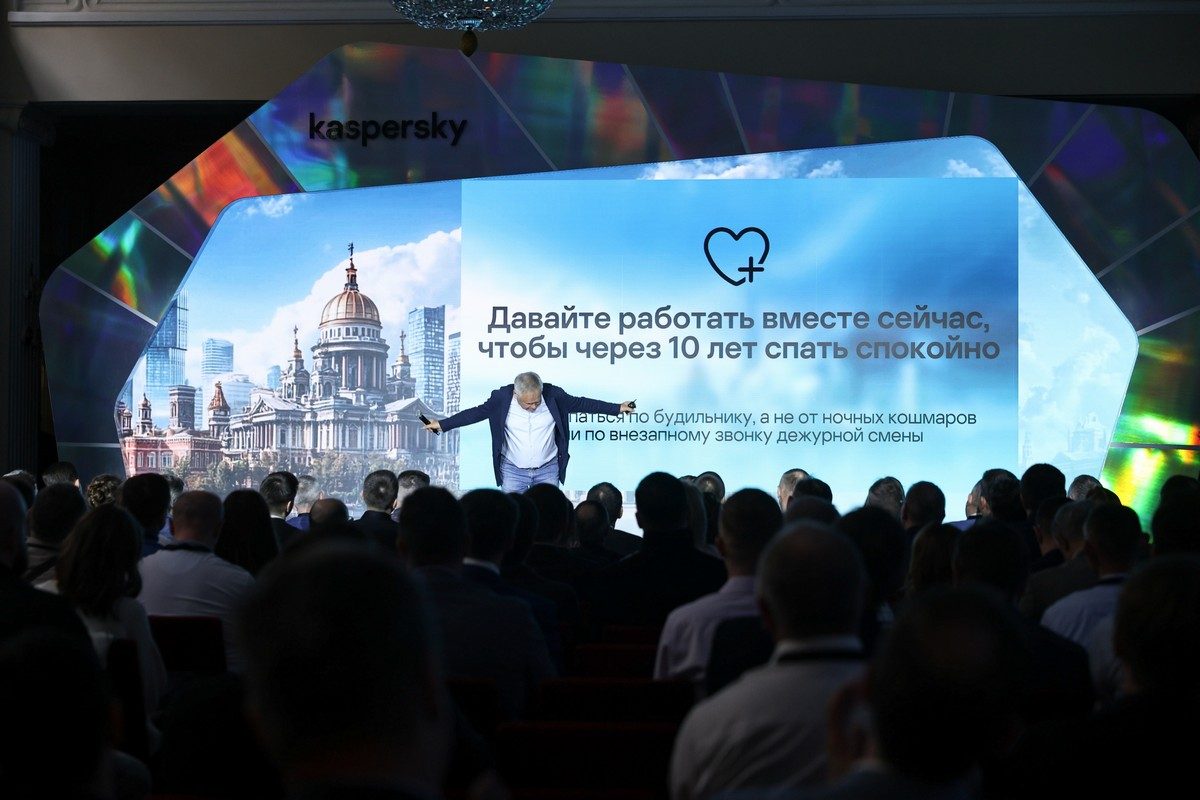
On top of that, we ran several workshops on incident investigation and other topics in our field:
During breaks, people mingled in the main area – something like this:
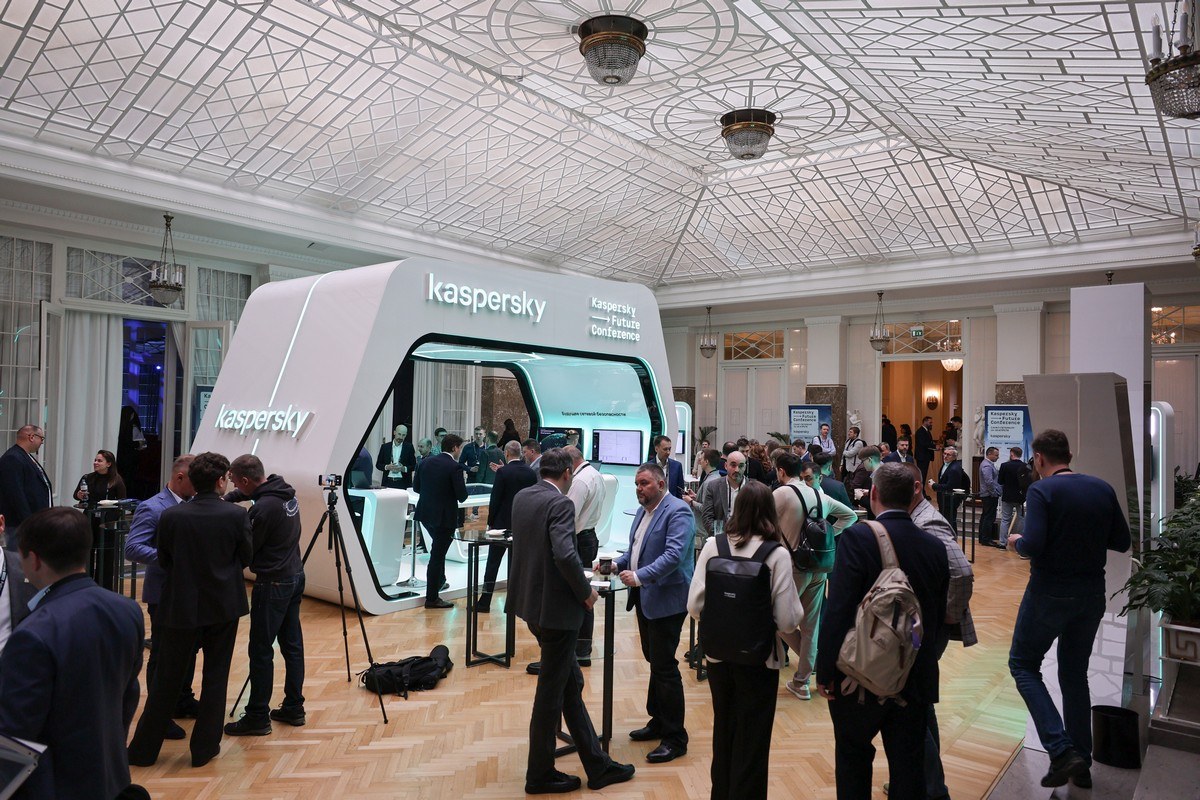
We also picked up some pretty colorful terms from the talks:
- Not just “threats” – but “black swans”
- “Ripe tomatoes”: we all want to be ripe tomatoes, not green ones
- Internal DDoS attack during an antivirus update :)
- Talking to IT is like making a deal with the devil // from the cybersecurity POV
- “Underbelly scanner” :)
It’s clear that information-security folks aren’t exactly popular, for we tend to get in the way of business-as-usual. Hence the rebranding of infosec departments: “Information Security Department”: ISD -> “Idiotic Sabotage Department”! Oh yes – very drole. But!… If you don’t do security (well), it’s only gonna be worse – way worse.
One nice little perk for me: since we’d brought a whole bunch of guests to both attend the conference at the Astoria and stay there too, the hotel management treated me to a luxury suite – (huge thanks to them!) ->

Honestly, I really don’t need such fancy digs, but if they’re offering – why not? And folks often ask me to show off some unique hotels and other lodgings. So here it is – this is what the Rachmaninoff Suite looks like:

Not bad, eh?

Luxurious!

The third room? Half-bar-half-library! ->

Views from the room:
To wrap things up – a shot from one of the restaurants hosting our evening bashes:

That’s it for St. Pete – time to head home! But it won’t be long till I’m back on the road once again!…

